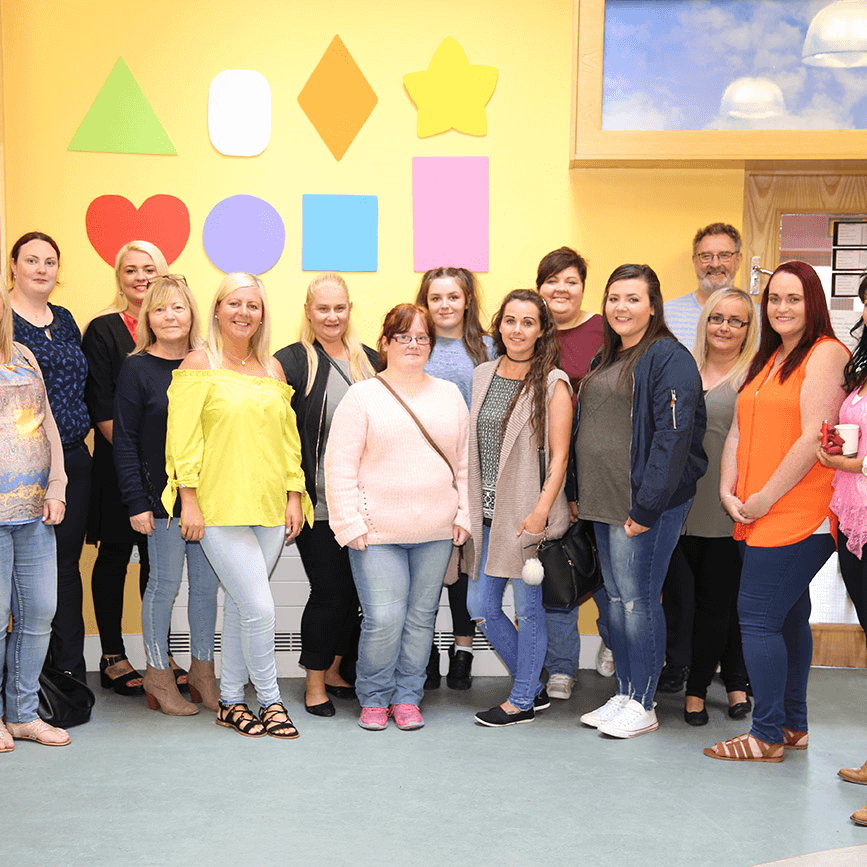FORM NEEDED HERE
Baby Room
(5-12 months old)
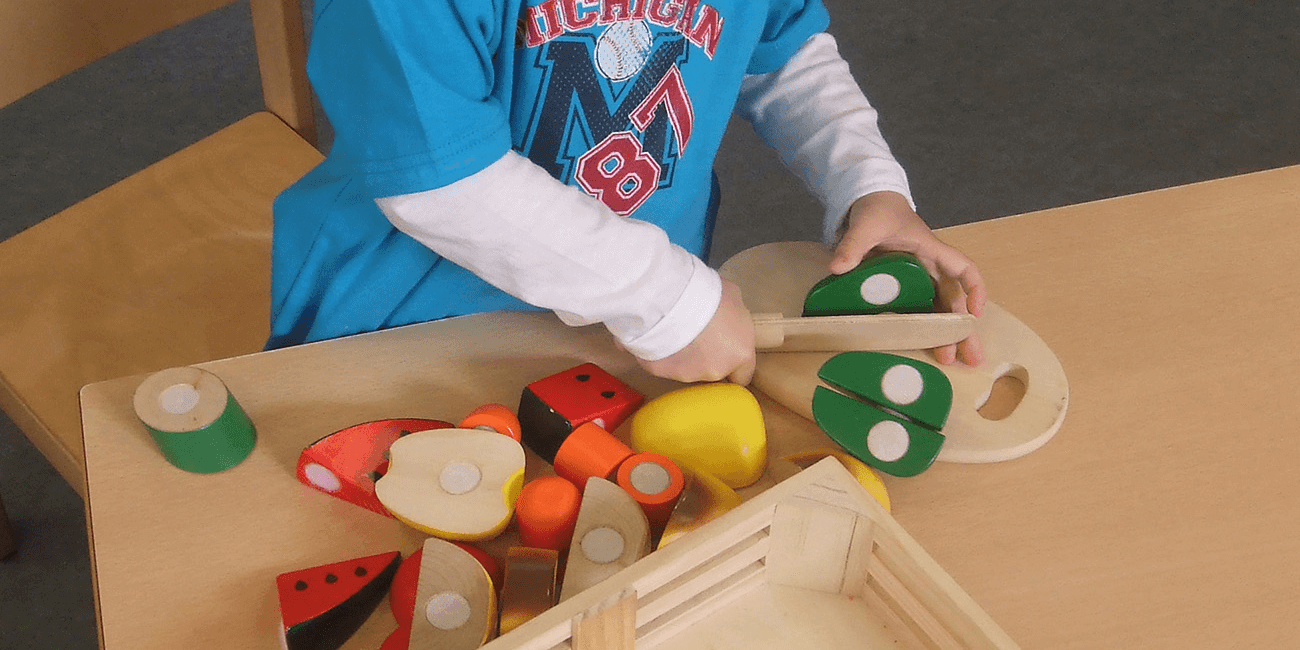
We take a maximum of 9 babies with 3 staff assigned as their key workers
Toddler Room
(1-2 years old)

In the Toddler Room children are generally aged between one and two years.
Playgroup Room
(2-3 years old)
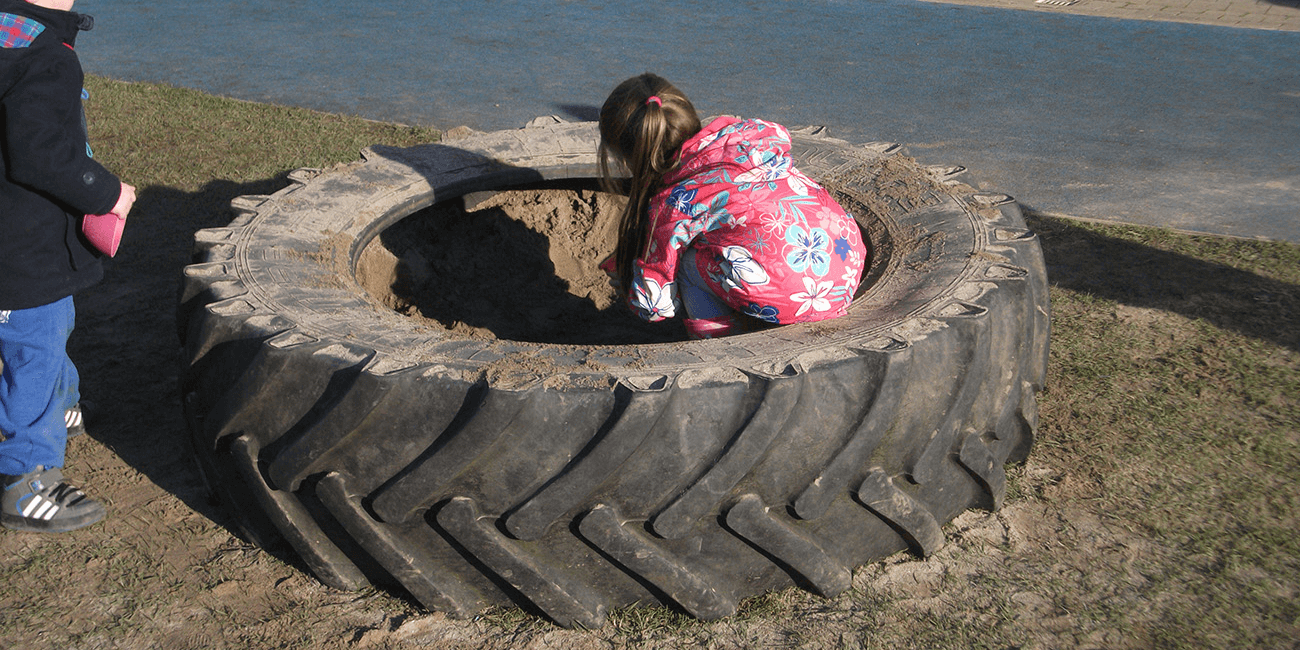
The Playgroup Room caters for children who are between 2 and 3 years.
Preschool 1
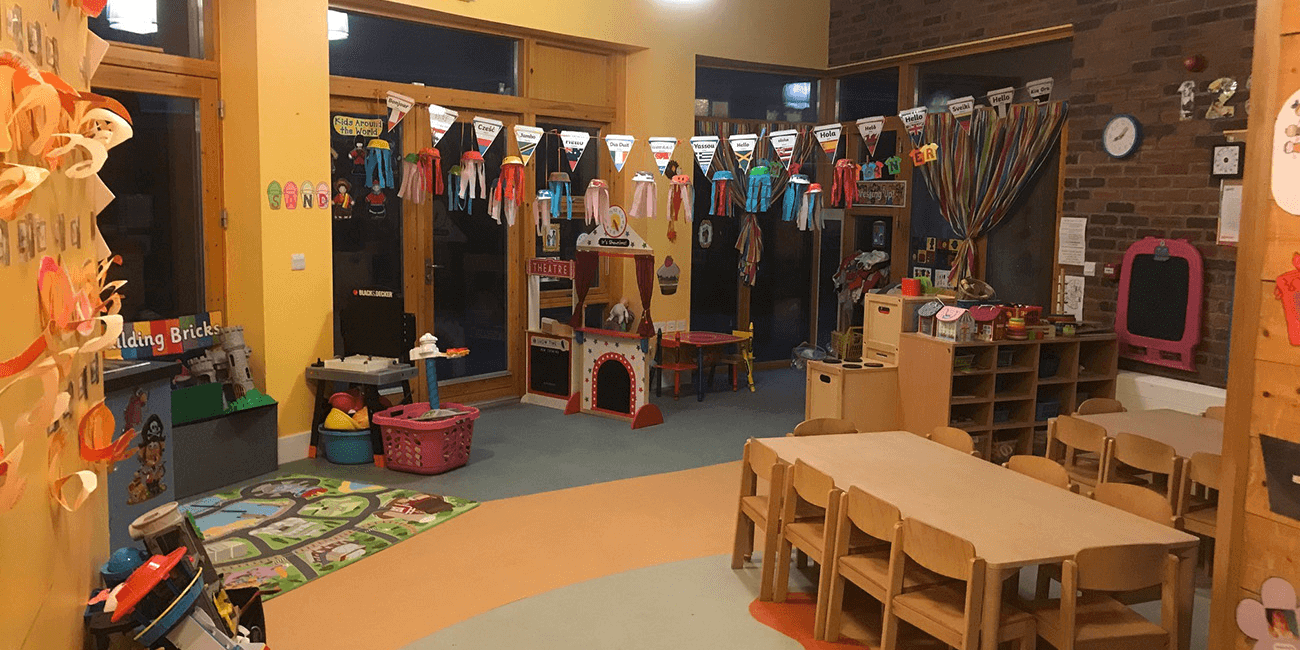
In September of each year the children transition to Preschool 1. Children are typically aged between 3 and 4 years.
Preschool 2
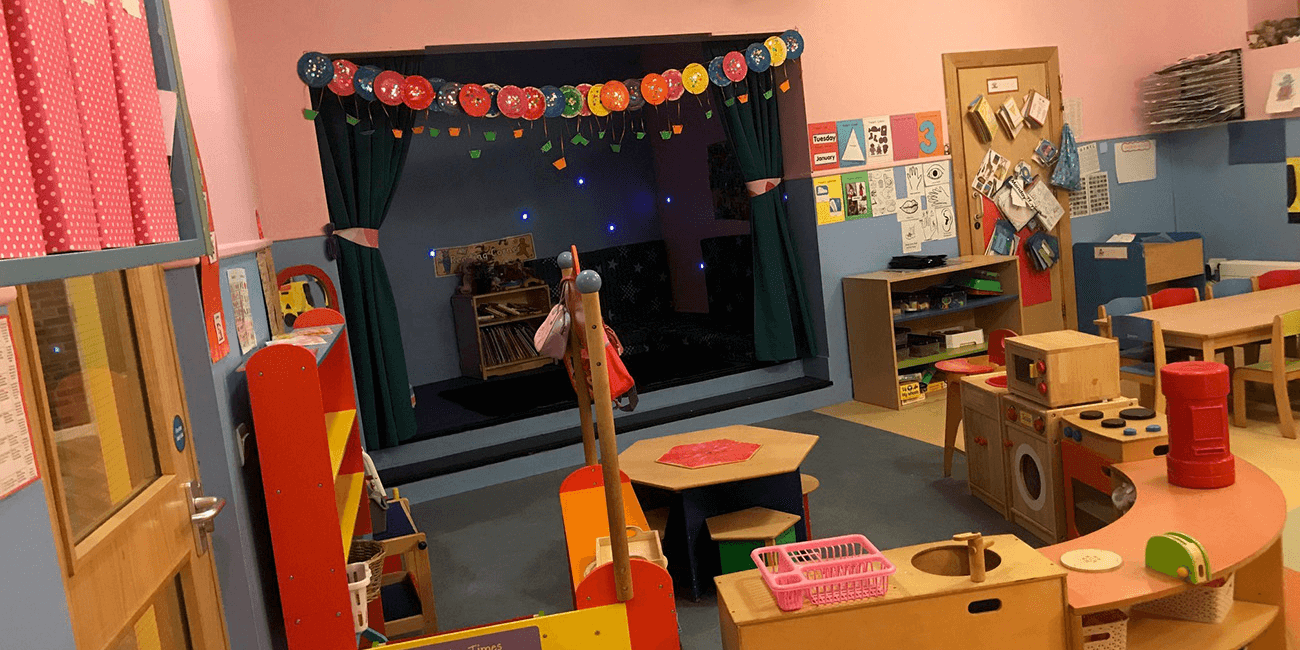
Preschool 2 are for our oldest children and are usually aged 4+ years.
Outdoor Preschool
In September 2018 we opened our Outdoor Preschool where children spend the preschool session outdoors all year round.
Children spend 3 hours of their preschool session entirely outdoors even in wet or cold weather. We provide each child with weather suitable outer gear so they are wrapped up and continue to play, explore and crucially, develop outside.
The benefits of outdoor play are multi-faceted and support the whole of the child’s development, that is, physical, mental, sensory, emotional and social. As they grow the outdoors provides ever changing opportunities for new experiences as their environment changes with the seasons and weather. They build up resilience through falling over or not achieving their goal right then and there.
Children in the outdoor preschool have a great deal of choice of what they do and how they play. They interact with the adults, each other and the materials to create different play. Often this can look very risky to the adults, but we have come to trust the children in that they will only attempt what they are able for. This risky play is what supports the child’s wellbeing and perseverance.
Balancing, falling and getting back up across different types of surfaces builds children’s motor skills. Outdoors, children’s senses are naturally stimulated through the changing environment where sights, sounds, smells, taste and touch all move and shift throughout the session. Anecdotally, Parents are reporting lower incidences of illness and staff are reporting lower incidences of illness spreading from child to child.

Service Times
We offer full and part-time places.
A full- time place is available Monday to Friday 8.00 am until 6.00 pm
A part-time morning place runs from 8.55 am until 12.30 pm
An afternoon part time place is from 1.30 pm until 5.00pm
Cost of a Childcare Place
The cost of a childcare place depends on your personal circumstances. Here is an explanation on how the National Childcare Subvention Scheme works, however, if you would like to discuss in detail please do not hesitate to contact our Early Years Coordinator.
Based on your circumstances you will be assigned a band which are as follows:
Band A: You or your child have a medical card and you have Social Welfare payment such as Lone parents, FIS etc.
Band B: You or your child have a medical card or you have Social Welfare payment
Band U: for all parents with a child under 3 years
There are other schemes to support parents on CE employment schemes and those undertaking training courses. Full information available upon request.
We also offer the free preschool year, which is free for children aged 2 years and 8 months in the September of each year. A place is provided for 3 hours a day for 38 weeks. It is possible to extend the hours for preschool and an additional charge will be made for this.
To apply for a place please complete our confidential contact form and one of our staff will be in touch.
A bit about our staff
All our staff are qualified in childcare and many have advanced qualifications. Staff regularly attend training to keep their skills up-to-date.
To support quality in the service we engage with a range of support programmes for childcare for example:
Incredible Years Dino Programme
The purpose of the Incredible Years Curriculum is to support children’s learning through the use of puppets and positive relationship building. The following skills are deliberately targeted through Incredible Years:
- Positive social skills
- Conflict and anger management skills
- Emotional literacy
- Behaviours that will support the children’s transition to school
- Reading, writing and communication skills
The purpose is to promote children’s positive self-esteem and general social, emotional, and academic competence. Sessions, using puppets, are provided in the preschool rooms each week by staff trained in the programme.
